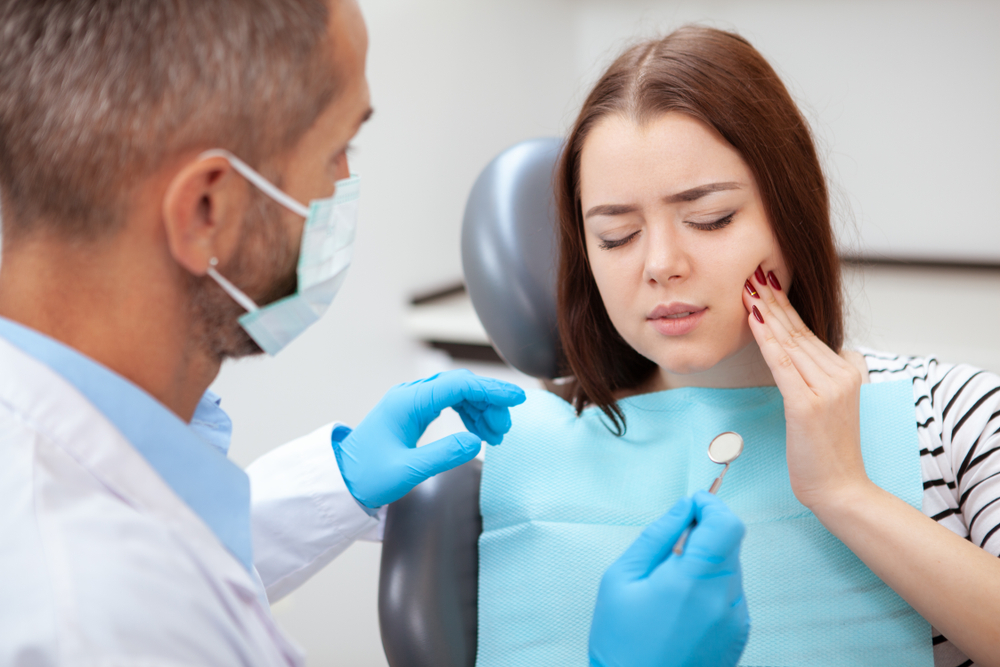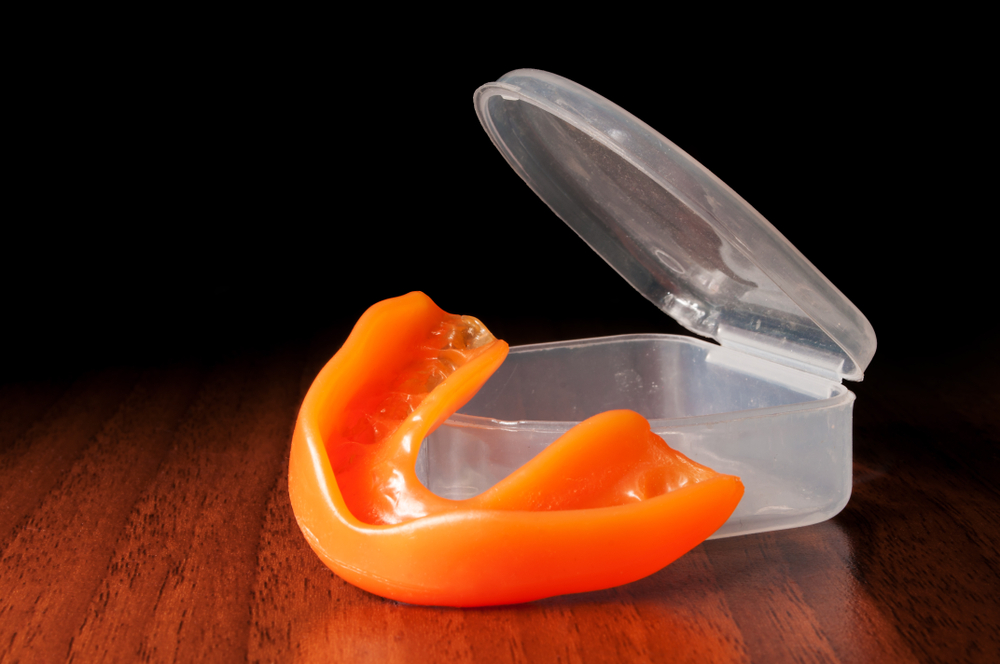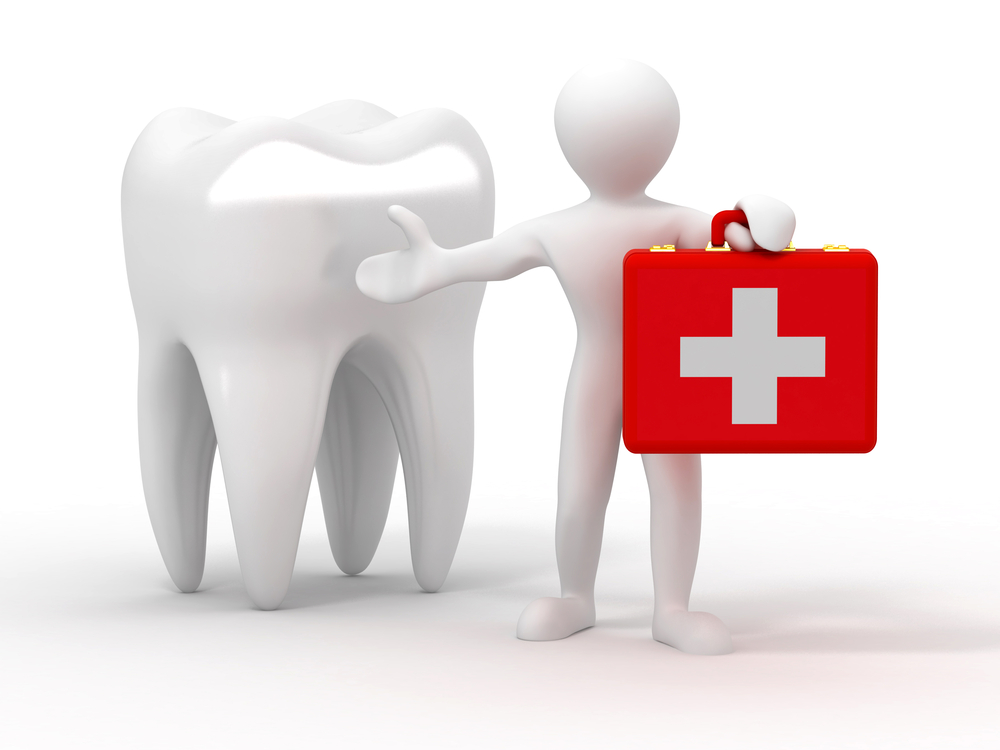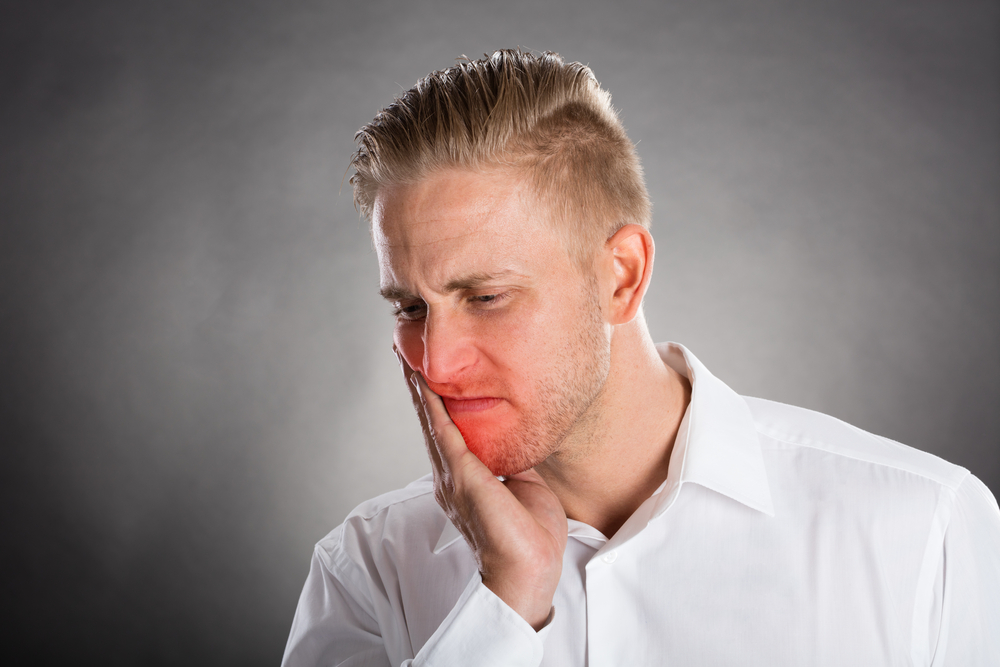What Do You Do In A Dental Emergency?
Have you ever experienced a dental emergency? If so, you know how painful and stressful the condition is. Dental emergencies can happen at any time of the day or night.
Injuries to your teeth, gums, and oral disease are some of the dental emergencies you shouldn’t ignore. These conditions are potentially serious and may require emergency dental care.
If you ignore a dental emergency, the risk of permanent damage increases with time. This means you may also require more extensive and costly dental treatments later on. In this article, we will take a look at the following:
- Types Of Dental Emergencies
- How To Prevent Dental Emergencies?
- What To Do In A Dental Emergency?
Types Of Dental Emergencies
There are different types of dental emergencies, and you should know what to do in each situation. Here are some of the most common dental emergencies:
Severe Toothaches – A mild toothache might not be a dental emergency but a severe toothache that lasts for a couple of hours can become a dental emergency. The first thing you need to do is to use warm water to rinse the mouth.
If the tissues adjoining the affected tooth continue to swell, apply a cold compress against the outside of your cheek or mouth. You may take a painkiller to ease the pain.
Some toothaches can become extremely painful. You shouldn’t wait for long to see an emergency dentist when you have a severe toothache.
Broken Or Cracked Teeth – Cracked or broken teeth can be quite painful. The best thing to do in such a situation is to see an emergency dentist. The dentist may ask you to visit their clinic to repair the broken tooth.
It’s important to save the pieces of the tooth and rinse your mouth and the pieces with warm water before you see the dentist. Apply a piece of gauze to the bleeding area until the bleeding stops. If there is swelling in the area, use a cold compress against the cheek.
Injured Tongue, Lips, And Gums – If your tongue, lips or gums are injured, you may not be able to stop the bleeding for some time. Use a cold compress to relieve the swelling and pain and see your dentist immediately.
How To Prevent Dental Emergencies?
There are many things you could do to prevent tooth injuries. Some of them include refraining from chewing hard food, hard lollies, and ice, not using the teeth to rip something open, and wearing a mouthguard when participating in recreational or sports activities.
Using a fluoride toothpaste will help you prevent tooth decay and strengthen the tooth enamel. Ask your dentist the way to improve your oral hygiene and they will give you advice in this regard.
What To Do In A Dental Emergency?
You should know what to do in a dental emergency because they are not uncommon these days. Here are some important steps you need to take during a dental emergency:
The first thing is to stay calm and breathe deeply. When you are calm, you can evaluate the situation and decide how to proceed. If you have a broken or cracked tooth, try to collect the tooth and wash it in warm water.
You should take the tooth or pieces of it when you visit the dentist. If the area is bleeding, apply pressure to the area with a piece of gauze. Wash the mouth with warm water once the bleeding has stopped.
Use a painkiller to reduce the pain associated with the problem. If the area is swollen, use a cold compress to reduce the swelling.
Are you searching for a reliable dental clinic in Taylors Lakes Australia for an emergency or regular dental procedure? If so, then look no further than Gardens Dental.
Gardens Dental offers a full array of dental services in Taylors Lakes and Caroline Springs to help you and your family maintain healthy teeth.
To learn more about our services or make an appointment, please contact us today on (03) 9449 2626 or through our website.




